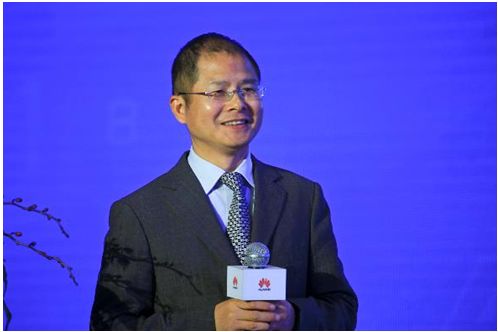Huawei rotating and acting CEO Eric Xu announced the revised focus of Huawei’s service strategy.
Huawei has redefined its Carrier business strategy, shifting its focus from product driven + service as support to product driven + service driven. Huawei’s Enterprise business follows the being integrated strategy, focusing on enabling partners. Huawei’s Consumer business is shifting its service focus from after-sales service, to a full, lifecycle user experience.
Eric Xu said: “Services become key in helping customers and partners address challenges and transformation, and in achieving Huawei’s sustainable growth.”
In the carrier market, ROADS has produced a clear impact. Eric Xu said “Network experience has become the primary driver of traffic and revenue.” To enable the ROADS experience, carriers need to deploy Internetized operations systems and possess Internetized operations capabilities.
To make agile operations possible, carriers will have to change the existing network to data center-oriented architecture, while leveraging software-defined networks and cloud-based network functions to improve infrastructure agility. Only when infrastructure becomes agile can operations become agile.
“We are striving to become carriers’ strategic partner for Internetized operations transformation, to enable ROADS experience and agile operations. We are striving to become carriers’ prime systems integrator for ICT infrastructure transformation, to ensure smooth network evolution and seamless service migration. We are striving to become the leader in Customer Experience Management (CEM), network planning and optimization, to continuously improve the user experience. We are striving to evolve managed services from network-oriented to service- and experience-oriented, and from OPEX saving to value creation.”
Huawei plans to further enhance its customer service organization and expert teams across all 170 countries in which it operates. Huawei will work with its customers and industry partners for joint innovation and explore best practices in several areas: consulting and system integration on network and data center transformation; operations transformation; CEM and network planning and optimization; and managed services.
Every year, Huawei invests more than $350 million in service research and development.
It will continue to invest in developing tools for partners and establishing Open Labs to help partners improve their service capabilities. A Huawei Authorized Information and Network Academy (HAINA) has been set up to develop professionals for IP, IT and ICT convergence. This effort aims to reach 200 academies by the end of 2015.






